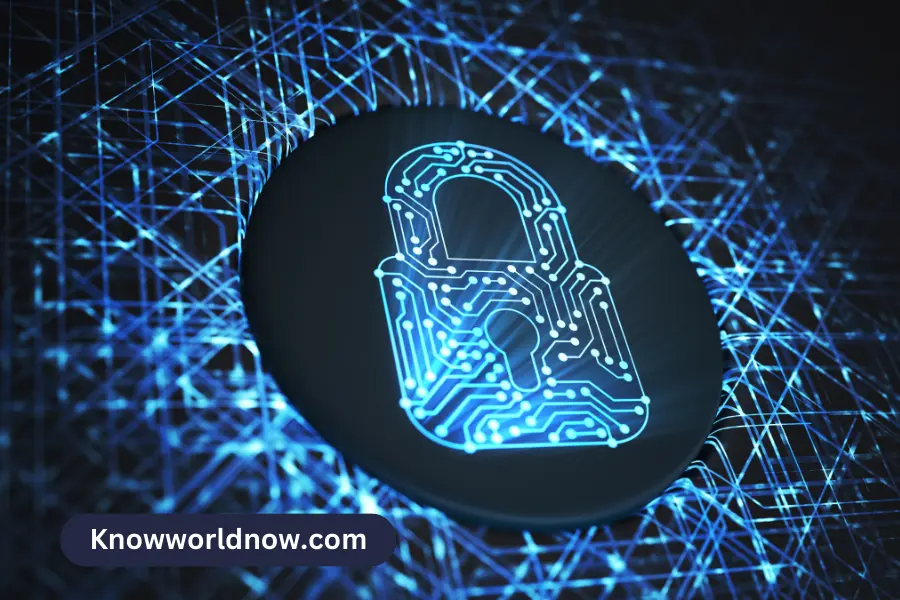Nowadays, kids can unintentionally open doors to various cybersecurity threats. And once this happens, one may even need to hire professionals who use modern spy equipment to deal with the consequences of those threats.
That is why in this article, we will focus on things every kid should know about cybersecurity. We’ll explain what it is, why it’s important, and how kids can protect themselves online.
What Is Cybersecurity?
At its core, cybersecurity is the practice of protecting systems, networks, and programs from digital attacks.
This involves a variety of security measures such as firewalls, antivirus software, secure passwords, and encryption to keep hackers out and prevent data from being compromised.
Why Is Cybersecurity Important?
Kids today are more connected than ever before. They use their smartphones and tablets to access the internet, play games, and even do schoolwork.
With all of this activity comes a great responsibility to ensure that kids’ data is secure and protected from malicious actors.
Cybersecurity is important because it helps protect kids from phishing scams, identity thefts, cyberbullying, and other online dangers. It also helps ensure that kids’ data is not being used without their permission.
Basics of Cybersecurity: What Every Kid Should Know
Use Strong, Unique Passwords for Each Account
It’s not easy for kids to remember long, complex passwords for multiple accounts. However, it’s important that they understand the importance of password security and use a unique password for each account to help protect their information from being stolen.
A good way to ensure the passwords are strong is by using a mix of upper- and lowercase letters, numbers, and special characters. Additionally, kids should change their passwords regularly to ensure the security of their accounts.
Be Careful with Personal and Sensitive Information Online
Kids should be aware that once information is posted online, it can be difficult or impossible to remove from the web. They should never share sensitive personal information such as their addresses, phone numbers, bank account numbers, or other details without permission from a trusted adult.
Be Wary of Links
Kids may click any link they find online, so it’s important to teach them to be wary of links in emails, text messages, and other sources. Have kids double-check the source before clicking on any link, and be sure they know not to open suspicious or unknown links.
The best way to teach kids about dangerous links is to show them examples of what they should look out for. For instance, tell them to never click on a link if they don’t recognize the sender or if there are any spelling errors in the URL.
Be Careful of What They Share
When kids are online, they’re often tempted to share too much information with others. Teach children not to give out personal information such as their addresses, phone numbers, family members’ names, or credit card numbers.
Explain to them that even seemingly harmless information like their age, school name, or hometown can be used by predators for malicious activities.
They should also be aware of how other people, such as cyberbullies, might use the information they share against them.
Report Suspicious Activities to Adults
Kids should always report any suspicious activity they see online to a trusted adult. Remind them that they should not respond to any suspicious emails, messages, or requests for personal information since this can lead to their personal data being stolen.
Also, teach them how to recognize malicious websites and phishing tactics that can lead to identity theft.
Look out for Online Scams
At a young age, kids are more likely to be targeted by online scams, such as fake promises of free gifts. These scams may lead to them giving away personal information or downloading malware on their device.
It’s important to teach kids how to recognize online scams and not fall prey to them. You may also want to explain the concept of phishing, where malicious actors send out emails and messages pretending to be from a legitimate source.
Conclusion
By teaching kids to be cautious online, they can help protect themselves from becoming victims of cybercriminals. Additionally, remind them that the internet is a public space and that anything posted online can become public knowledge.
It’s important for kids to understand how posting personal information or photos on social media platforms could potentially put them at risk of identity theft or other malicious activities.




![F95Zone Games - The Ultimate Guide for 2021 [F95Z Guide] 5 F95Zone Games](https://knowworldnow.com/wp-content/uploads/2021/07/ArTtW5LrK3b-z-0-y-637f48d86203817a9042a857.webp)